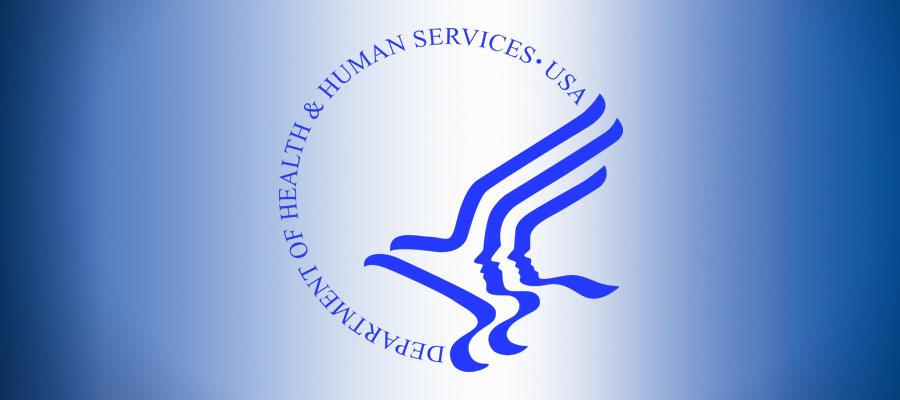HHS: Federal health insurance options helped offset employer coverage losses

The number of uninsured U.S. residents did not change substantially during the first 12 months of the COVID-19 pandemic, according to a report released today by the Department of Health and Human Services.
“Administrative data and information on employer coverage show that the moderate decline in employer coverage during the recession noted in several data sources (approximately 2-3 million or 1-3%, depending on the data set) was counterbalanced by the greater than 10 million increase in Medicaid enrollment due to federal continuous coverage requirements and to a lesser extent Marketplace growth in 2020,” the report states. “The more substantial [Special Enrollment Period] enrollment in the spring and summer of 2021, including the implementation of the [American Rescue Plan’s] expanded Marketplace subsidies, as well as ongoing growth in Medicaid enrollment, suggests that the uninsured rate may be lower than the pre-pandemic rate; this can be determined once definitive data for 2021 are available.”

